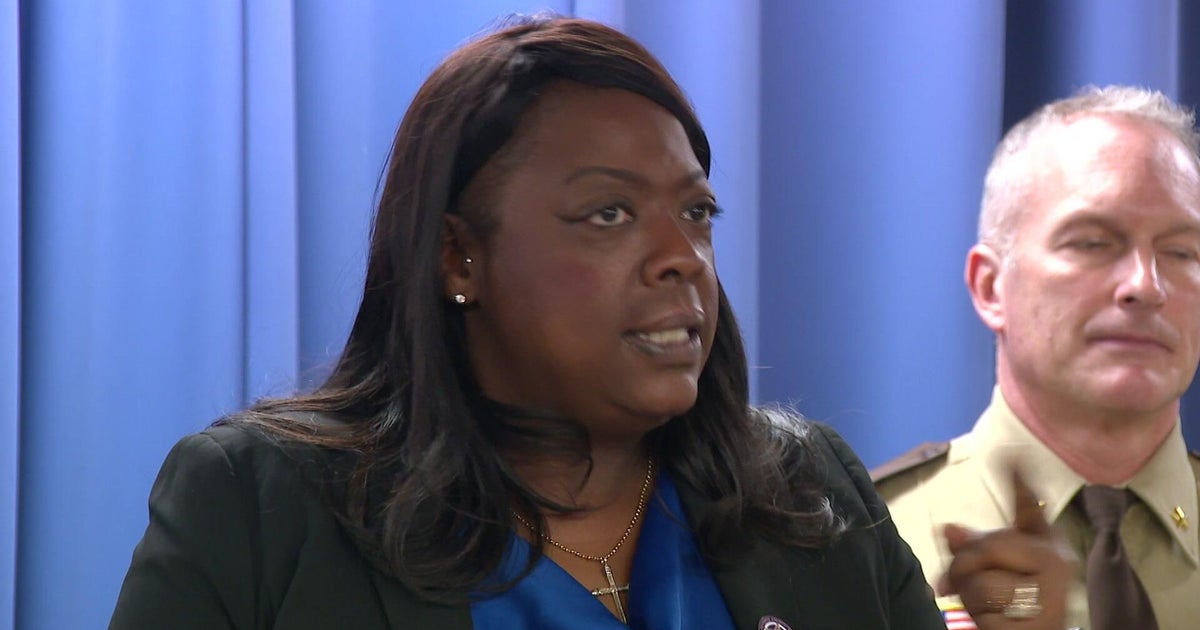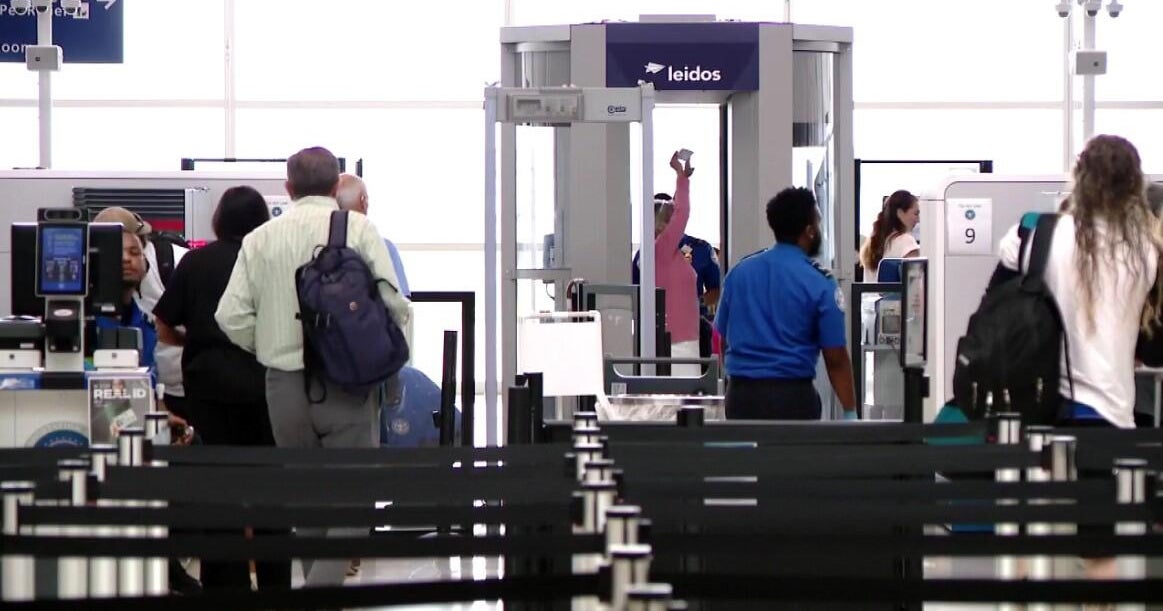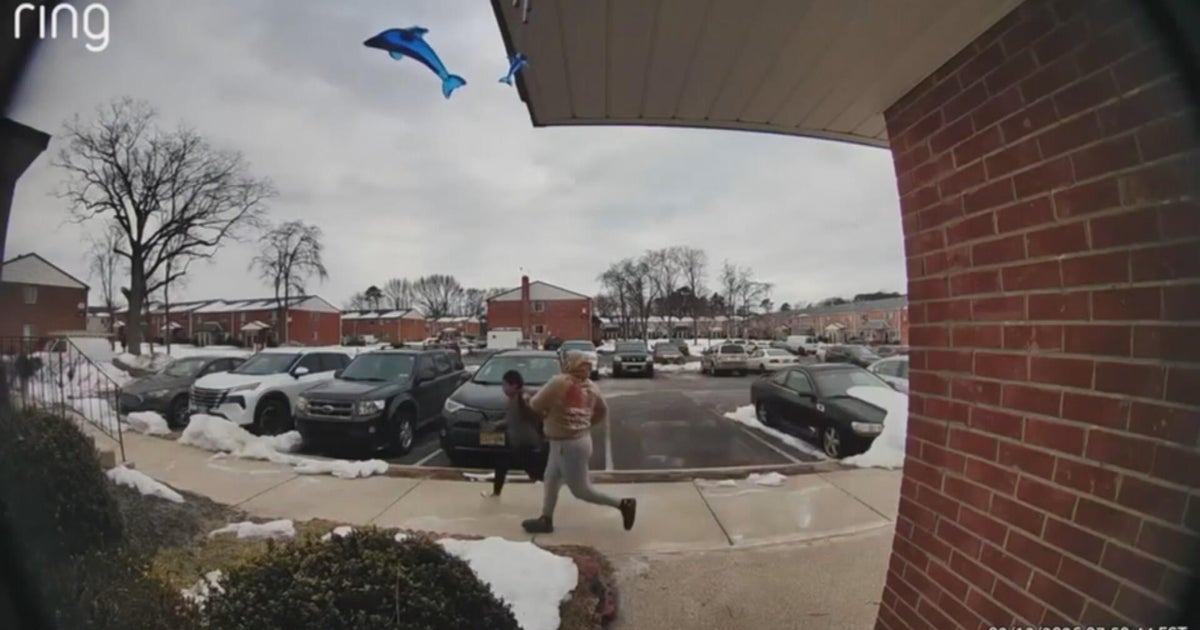State regulators could renew support for FPL rates
TALLAHASSEE - After the Florida Supreme Court required a more detailed justification, state regulators could be poised to approve a revised order supporting a 2021 settlement that increased base electric rates for Florida Power & Light.
Staff members of the state Public Service Commission on Thursday released a draft order detailing a series of issues and concluding that the settlement was in the "public interest." The commission is expected to consider approving the order during a March 5 meeting.
The Supreme Court in September sent a legal battle about the settlement back to the commission, saying regulators had not met a requirement of showing why the agreement "is in the public interest and results in rates that are fair, just and reasonable."
"The commission must therefore give us something to work with: a decision that is reasoned and articulated enough to allow us to assess on what basis it has concluded that the settlement agreement is in the public interest and results in rates that are fair, just and reasonable," Justice John Couriel wrote in the court's majority opinion.
This week's draft order responds to the Supreme Court opinion and provides justification for issues ranging from how much profit FPL can earn to paying for solar-energy projects.
"The evidence in this record demonstrates that FPL has delivered value to its customers at a relatively low cost," the 46-page document said. "Residential rates remain well below the national average and below those charged by other Florida investor-owned-utilities."
The Supreme Court opinion came in challenges to the settlement by the group Floridians Against Increased Rates and a coalition of three other organizations, Florida Rising, the Environmental Confederation of Southwest Florida and the League of United Latin American Citizens of Florida. They have argued that the settlement was not in the public interest and that some parts of it violated state law.
FPL reached the four-year settlement in 2021 with the state Office of Public Counsel, which represents consumers in utility issues, and other parties including the Florida Retail Federation, the Florida Industrial Power Users Group and the Southern Alliance for Clean Energy. The commission then issued an order approving the settlement.
Base-rate issues are closely watched, as they involve billions of dollars, make up large portions of customers' monthly bills and help determine utilities' profitability.
After approval by the commission, the FPL settlement led to a $692 million rate increase in January 2022 and another $560 million hike in 2023. The wide-ranging settlement also included such things as allowing increases in 2024 and 2025 to pay for solar-energy projects.
The Supreme Court opinion did not make conclusions about whether disputed parts of the settlement should be upheld. Instead, it focused on whether the commission offered justifications needed to evaluate the legality of the settlement.
"In this case, after hearing from 60 witnesses and receiving 635 exhibits into evidence, the commission produced an explanation of its public interest determination that spanned little more than a page," Couriel wrote. "The order provides conclusory statements about the virtues of the settlement agreement, not the reasoned explanation required for our review."
The new draft order, for example, addresses part of the settlement approving FPL's return on equity, a measure of profitability. The settlement set an allowable return-on-equity range from 9.7 percent to 11.7 percent, which opponents argued was excessive.
In supporting the approved return on equity, the draft order cited FPL's risks in doing business in the state. That included areas in Northwest Florida that FPL began serving after acquiring the former Gulf Power Co.
"Especially with the acquisition of Gulf, FPL's territory includes appreciable expanses of low-lying coastline that bring inherent risk," the draft order said. "The preponderance of the evidence demonstrates that this risk is likely to continue to increase over time due to storm frequency and severity as well as sea-level rise. Additionally, FPL faces investor uncertainty due to the perceived risks of nuclear-fueled energy. FPL must have an adequate ROE (return on equity) in order to attract capital on reasonable terms throughout a multi-year rate plan."
As another example, opponents contended that including 2024 and 2025 base-rate increases for solar projects in the settlement was improper. The draft order said opponents contended that the commission "must conduct a hearing and make an appropriate determination at the time we (the commission) allow interim rate hikes, and that to do so in advance violates" state law.
But the draft order said approval of the solar-funding plan was in the public interest.
"The opportunity for FPL to add solar generation during the settlement term furthers legislative intent to promote the development of renewable energy resources, to diversify the types of fuel used to generate electricity, and to improve environmental conditions," the draft order said. "The rate increases that accompany the addition of this generation are gradual and predictable, thereby supporting rate stability over the term."







